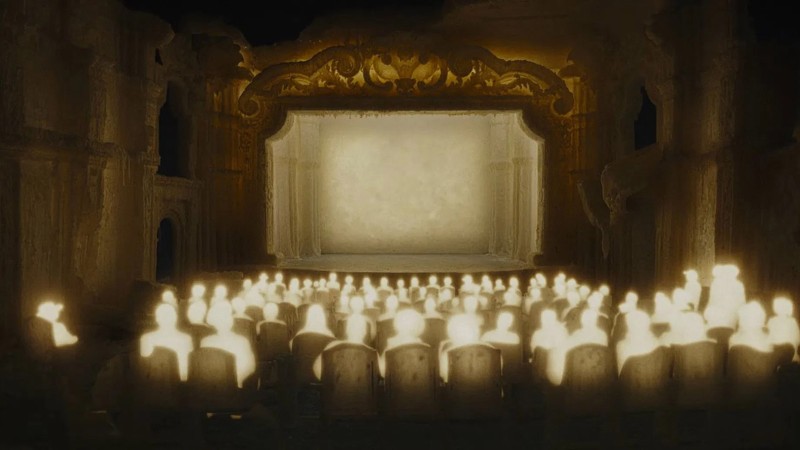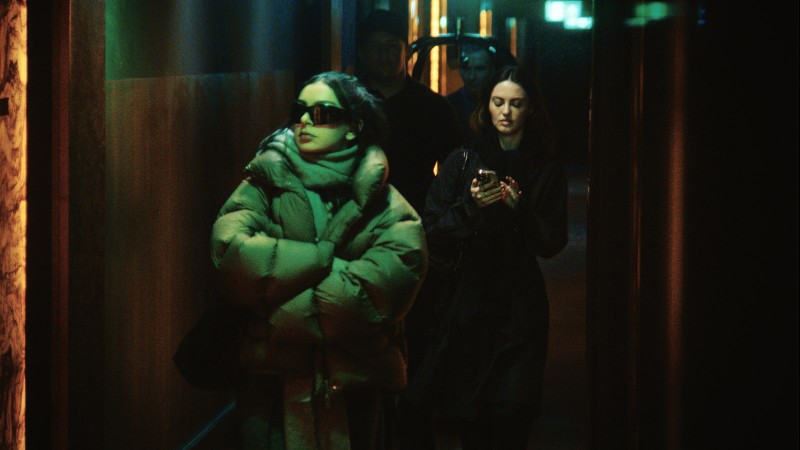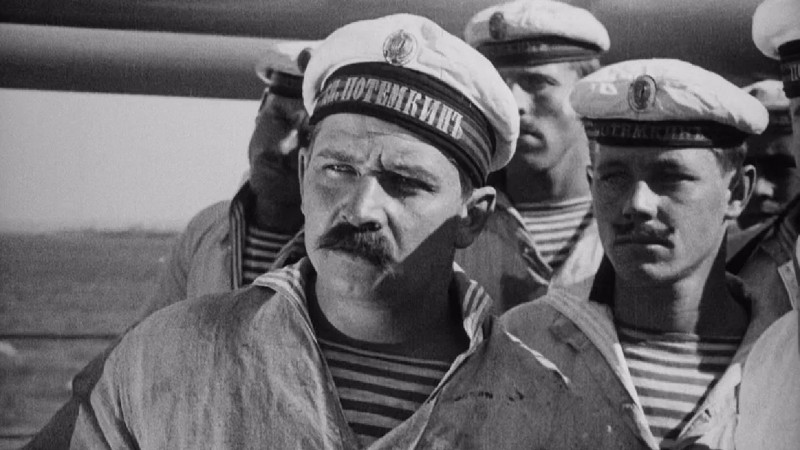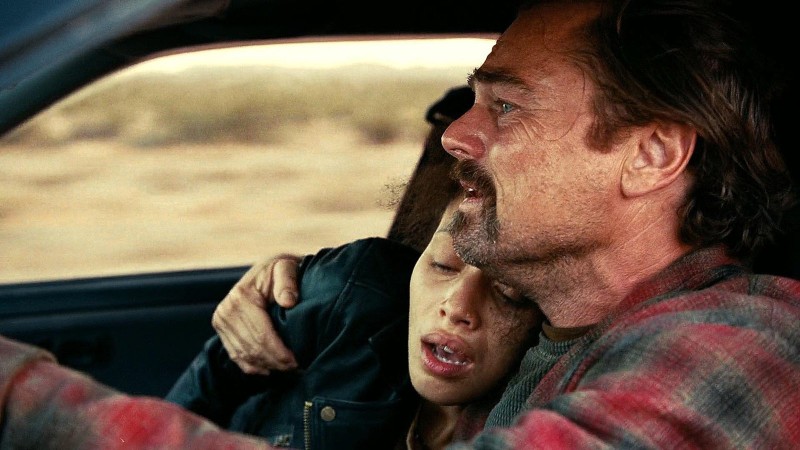Twenty Years On

Cinephiles and industry insiders in Taiwan seem to have been aware of Hou Hsiao-hsien’s struggle with Alzheimer’s for some time now, but many of us were shaken and deeply saddened to hear for the first time this week that The Assassin (2015) will stand as the seventy-six-year-old filmmaker’s final work. In 2021, Jean Ma noted that the confined geographical space and star-studded cast of Flowers of Shanghai (1998) makes the film “an outlier in Hou’s filmography: the distinctive approach upon which he made his reputation as one of the world’s greatest directors relies on real locations, low-key performances by nonprofessional actors, meticulous framings of deep spaces, long shots of expansive vistas, and a sweeping vision of place and historical change combined with a sensitivity to the concrete minutiae and rhythms of everyday life.”
- Reverse Shot is not only currently rolling out the eighteenth edition of its annual Halloween special, A Few Great Pumpkins, it’s also conducting a symposium in which past contributors revisit reviews they wrote when they were younger in spirit and mind. Nick Pinkerton writes about transitioning from his Pauline Kael phase to his Manny Farber phase back in 2003, while Adam Nayman seems unsettled to discover that his initial reading of Jonathan Glazer’s Birth (2004) hasn’t changed all that much over the years. Ela Bittencourt, though, has been through quite a bit since she first reviewed Catherine Breillat’s Abuse of Weakness (2013). “Given my detached tone of old,” she writes, “I’m surprised how pierced, in fact gutted, I come to feel more than a decade later when confronted with the same character, same story.”
- Along with Ciara Moloney’s primer on the wildly successful partnership between Dean Martin and Jerry Lewis and Charlotte Palmer’s salute to Jean-Pierre Melville’s cultivation of his public image, the Notebook is presenting an excerpt from the sixth edition of the Viennale’s Textur series. “Besides Queen of Diamonds (1991), Nina Menkes’s sublimely tedious reverie of capital and misogyny, Lisandro Alonso’s 2004 feature Los muertos might be the most transactional film I’ve seen,” writes artist and filmmaker Deborah Stratman. “Throughout Los muertos, there is a towering muteness that registers as lament.”
- Andrew Lau Wai-keung and Alan Mak’s Infernal Affairs (2002), the template for Martin Scorsese’s The Departed (2006), stars Tony Leung Chiu-wai as an undercover cop infiltrating the Hong Kong underground and Andy Lau Tak-wah as a triad member passing himself off as a police officer. Writing for Film Quarterly, Jerrine Tan points out that Infernal Affairs was “a collective effort by the major players in Hong Kong film to revitalize the waning local film industry . . . Not merely another triad or undercover cop film, Infernal Affairs offers a powerful extended meditation on Hong Kong’s complex identity and the geopolitical shifts of power set in motion by the 1997 handover.”
- For Tone Glow, Hicham Awad talks with Angela Schanelec about her latest film, Music, and about mythology, Oedipus, what to show and what not to show, being European, and Ingmar Bergman. “He films faces in an abstraction, without space,” says Schanelec. “I mean, his films are connected to theater. So, his relationship to acting and to the possibilities of what a face can express are very, very different than mine. For him, it is possible to see a face and the expression of a face in front of a white background. This kind of image does not figure in the way I think about film.”
- In Metrograph Journal, Vikram Murthi walks us through the career of the late William Hurt. “It’s tempting to claim that his Gentile looks could have only flourished in the shadow of Reagan’s America,” writes Murthi, “but Hurt’s classical appearance was always in productive tension with a sensitive, decidedly non-macho persona. His success as a romantic lead was predicated on a potent mix of carnality and soft compassion. Hurt specialized in playing the bold young man who would say things like, ‘I want to make love to you’ to his female co-stars and mean it, imbuing a rank cliché with truth.”



